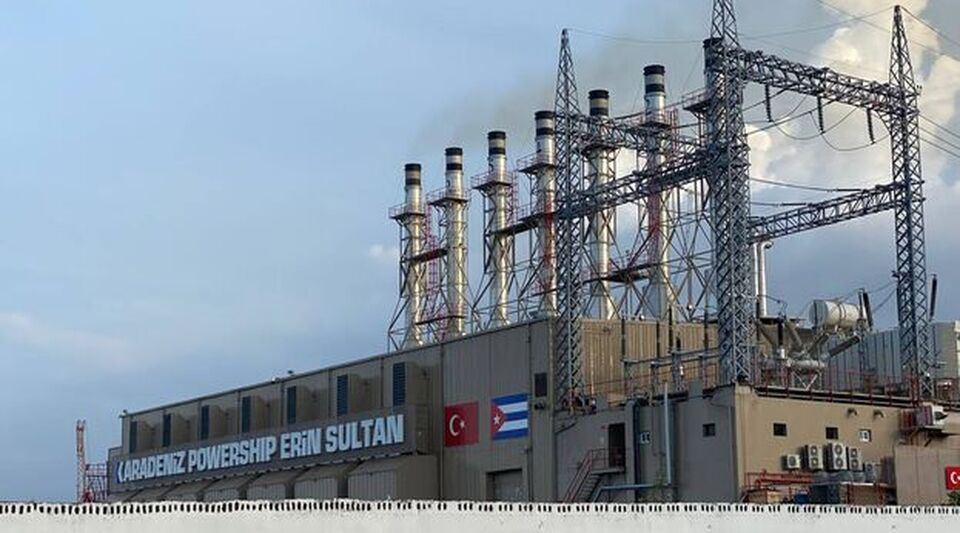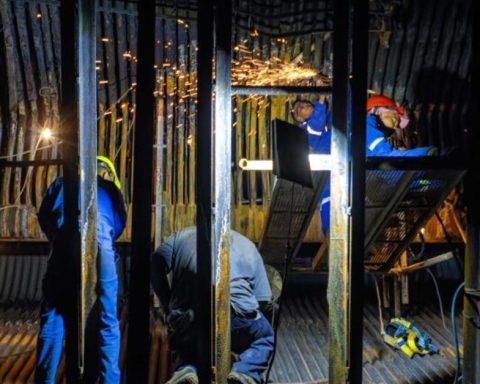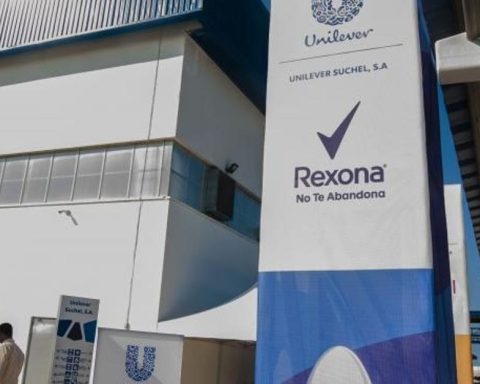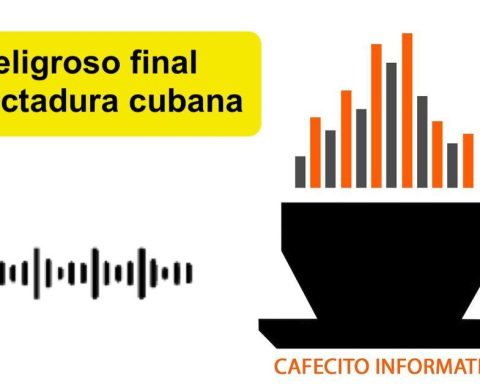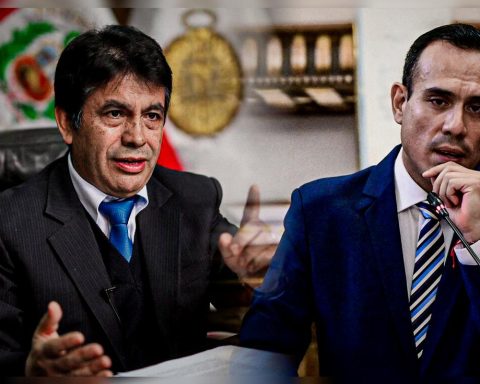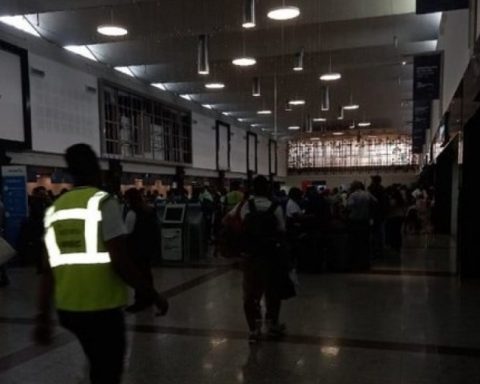The Cuban authorities dedicate this Thursday a extensive article in the official press to deny that the cool temperatures were decisive in improving the availability of electricity in December and part of January. Lázaro Guerra Hernández, technical director of the Unión Eléctrica, to whom cubadebate defines as “known by the audience for his expertise in this cardinal issue”, attributes the reduction of blackouts to the Government’s management, so it follows that he will also be responsible for the cuts that are already taking place, more than six hours in some provinces.
For Guerra Hernández, the reasons for the improvement can be summarized in seven keys, among which “the increase in the motivation of workers in the sector” by way of salary stands out. “The salary of direct production personnel in generation increased, and cleaning and food modules began to be sold together with the Cimex corporation. This element was fundamental. It mitigated the exodus in key positions, both in thermal generation and in distributed. The experience was later transferred to linemen and other essential tasks for the maintenance of the electrical system,” says the official.
A second reason is, basically, the collaboration of the Armed Forces. More tangible is the Turkish patana that arrived on the Island in November and with which there are already seven floating plants that provide energy. The latter, specifically, added a capacity of 110 MW, although between the seven they deliver about 400 MW. The motors of Mariel and Moa, with 150 MW have also increased the amount of electricity.
“The temperature decreased the demand, but if the generation had not increased, we would not have been able to satisfy the required loads either”
The increase in maintenance at thermoelectric plants is, in the opinion of Guerra Hernández, the main element of this strategy, “which did not happen by magic.” “Between October and November, an average of four machines were taken out to carry out these tasks. They were short-term maintenance, light and with a limited scope, but they allowed us to achieve stability in generation,” he adds. After these works, it was possible to recover more than 400 MW and reach 1,148 which, although they are few for those who could potentially reach the system, are more than the 700 MW that it had in the worst moments.
In addition, adds the manager, the level of demand increased. “We demanded that the work objectives be rigorously met. Within the planned deadlines and in quality. This was vital to ensure that maintenance was carried out consecutively. If a unit enters the system with problems after a maintenance period , compromises both the planned generation capacity and the execution of new maintenance”, he explains.
Lastly, the generation capacity at Energas increased, both with the amount of gas received and due to the maintenance of the Varadero steam turbine. In total, he points out, 537 MW more were achieved than in previous months, which, together with the drop in electricity needs due to the cold, avoided the deficit.
“The temperature decreased demand, but if generation had not increased, we would not have been able to meet the required loads either,” he said to minimize the impact of the weather.
However, things are starting to get worse, according to the data offered in the note, which indicates that since December 3 there have been no supply problems except for December 23, while so far in January there are already 10 days with “affects”, five of them less than an hour.
After considering the weather as a minor factor, Guerra Hernández warned that as of May the problems could (re)start, when temperatures rise and demand increases, so the tasks that are carried out until April they will be fundamental.
“With all due respect. 22 was fatal. It cannot be repeated on 23. The population needs solutions, not explanations”
Thus, he announced cuts until that date due to the maintenance that the Minister of Energy and Mines, Vicente de la O Levy, predicted a few days ago, although the minutes have officially increased and from the “hour or two” that his boss said, it goes to one more. “From January to mid-May, it is estimated that the electricity service will be affected during the night peak hours that can reach up to three hours as a daily average, due to the increase in maintenance in the main thermal generation units compared to December.”
The note acknowledges, as this newspaper has already recounted, that the blackouts far exceed what was announced and asks the director of the UNE, who evades the issue and reviews the planning of the thermoelectric plants, including new maintenance for the plants that have caused so much trouble in the year, Antonio Guiteras and Felton among them.
Guerra Hernández assured that the synchronization of Mariel 6, which is new and should generate 100 MW in May, is expected in March. It is also expected that a new block of the Carlos Manuel de Céspedes plant will enter and the incorporation of new fuel oil and diesel engines, along with the repair of others. If everything planned works, some 1,200 MW of power will have been incorporated into thermal generation.
Finally, the official talks about investments in Energas-Boca de Jaruco and in the factories of components and other products for repairs, as well as the incorporation of more renewable energy sources.
Although some users appreciate the explanations, most agree that everything is vague probably because the planning has hardly been fulfilled in the sector in recent years. “With all due respect. 22 was fatal. It cannot be repeated on 23. The population needs solutions, not explanations,” asks one user, while another responds: “And with all due respect I tell you, the country has been explaining for 63 years the problems. The solution maybe in the next 63”.
________________________
Collaborate with our work:
The team of 14ymedio He is committed to doing serious journalism that reflects the reality of deep Cuba. Thank you for accompanying us on this long road. We invite you to continue supporting us, but this time becoming a member of our newspaper. Together we can continue transforming journalism in Cuba.
